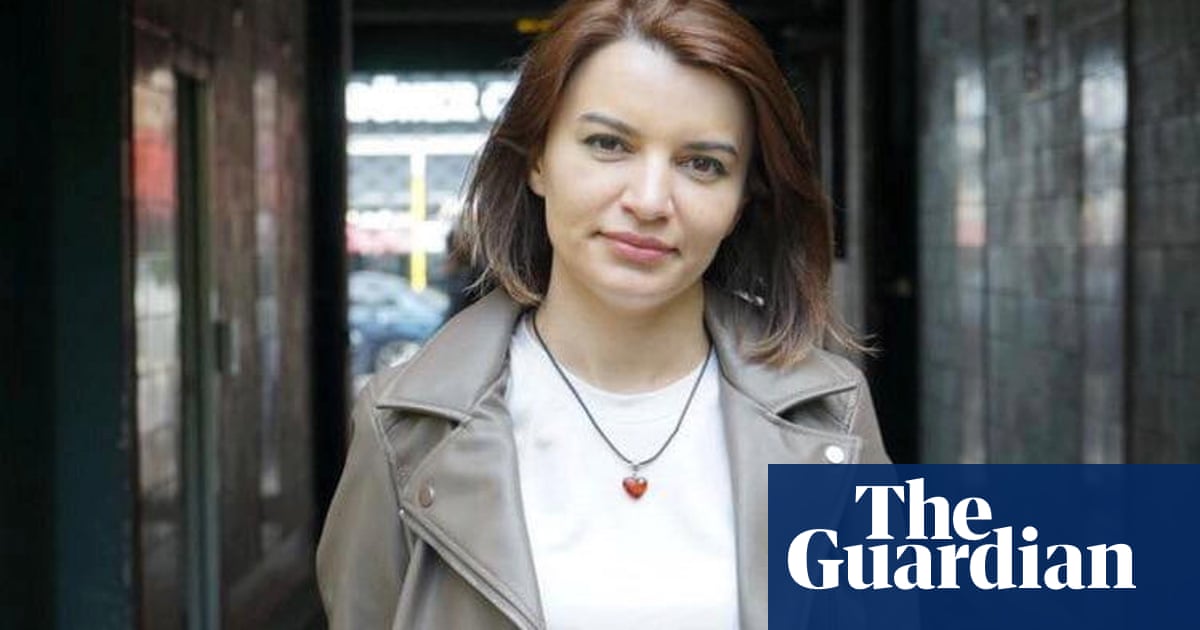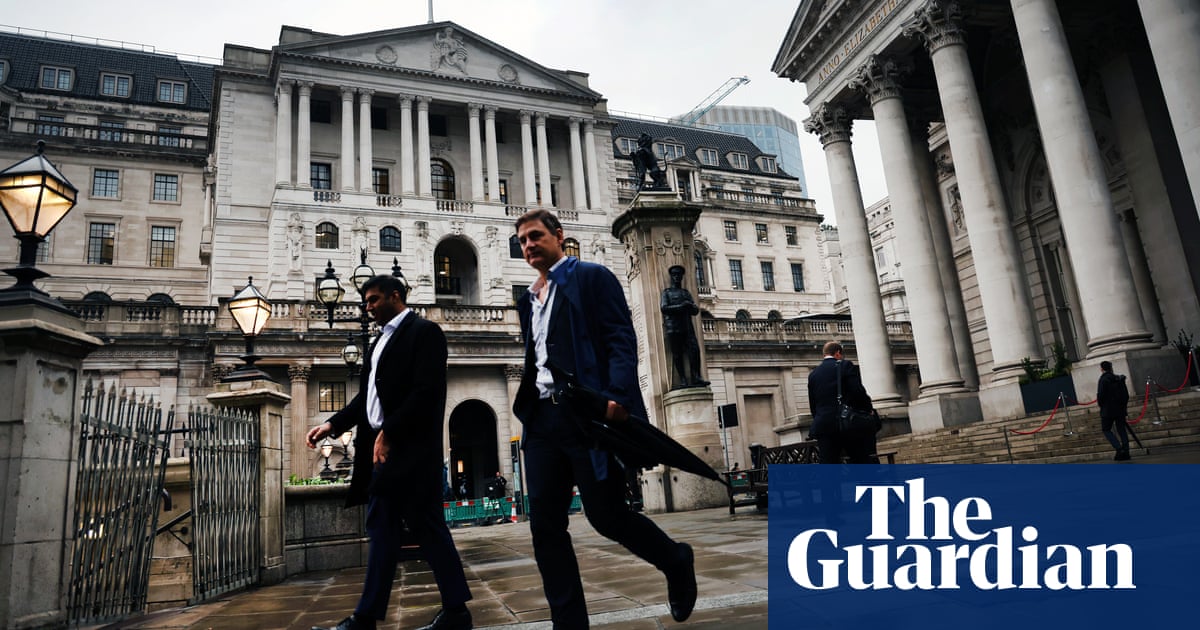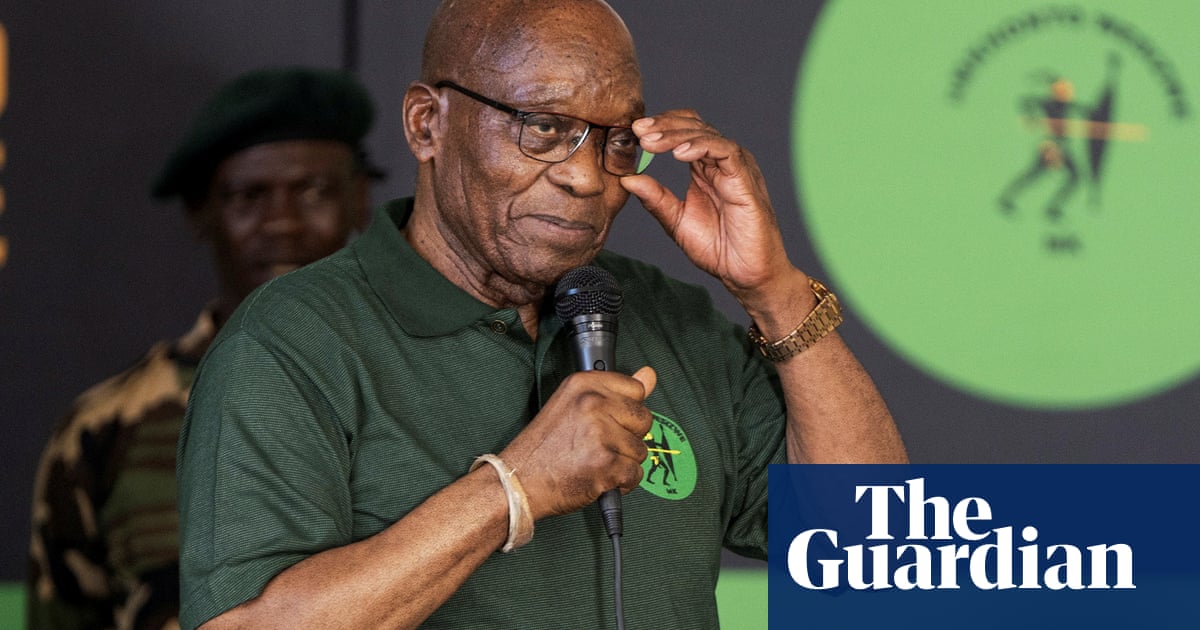
In late November last year, the investigative journalist Sevinc Vaqifgizi was arrested upon arrival at Heydar Aliyev international airport in Azerbaijan and accused of smuggling foreign currency.
Shortly before takeoff the 34-year-old editor had learned that her close colleague, Ulvi Hasanli, had been detained hours earlier. The two journalists ran Abzas Media, a small, independent Azerbaijani news outlet known for its investigations. They deny the charges.
Before boarding the plane, Vaqifgizi recorded a video on her phone. “People will pick up where we left off even if they arrest Ulvi, or me, or any of us,” she said. “Don’t let them think they can stop these investigations by arresting us. It won’t happen.”
Two weeks later, Azerbaijan’s president, Ilham Aliyev, announced snap elections would be held in February 2024, a year earlier than planned. Since then at least 11 other reporters have been arrested or detained, including four linked to Abzas.
Vaqifgizi’s colleagues were detained after a raid on their office, in which police claimed to have found €40,000 (£35,000) in cash. The journalists face up to eight years in jail if convicted of having illegally brought the money into the country.
International human rights groups suggest the charges are fabricated and part of a government crackdown on independent media. “The raid on the offices of Abzas Media, one of the few domestic Azerbaijani media outlets that still dares to investigate official corruption, and the arrest of its director, Ulvi Hasanli, appear to be in retaliation for the outlet’s pioneering journalism,” the Committee to Protect Journalists said last year.
Abzas’s previous work includes an investigation into the alleged torturing to death of Azerbaijani soldiers accused of treason, and the revelation of extensive wealth and property linked to ministers in Aliyev’s government.
Journalists from other outlets have also been arrested. Aziz Orujov, the director of the broadcaster Channel 13, was arrested in front of his young daughter on suspicion of “illegal construction”. His colleague Rufat Muradli was picked up for alleged “minor hooliganism”. Most have been placed in preventive detention for periods of several months that will elapse shortly after the elections.
‘Thrown into prison under absurd pretexts’
Abzas remains online outside Azerbaijan, but with only three staff still at liberty, investigative work is no longer possible. “Abzas is still publishing, doing daily reporting and daily news,” Leyla Mustafayeva, a freelance journalist who will take over Vaqifgizi’s role on an acting basis this month, told the Guardian. “But since November there haven’t been any investigations, because the main staff doing the investigations are in jail.”
A coalition of 15 media organisations, coordinated by the Paris-based outlet Forbidden Stories and including the Guardian, is on Thursday launching the Baku Connection project which, which continues some of the investigations Abzas’s journalists were working on before they were arrested.
The Aliyev government denies confecting charges against reporters. “In Azerbaijan, people are not arrested or interrogated just for their political opinions or just for their profession,” said Leyla Abdullayeva, Azerbaijan’s French ambassador, in an interview with France 24, one of the Baku Connection partners. “If a journalist is questioned or imprisoned, that is to say it is an illegal act, he has committed an illegal act.”
Free press and democracy campaigners are more sceptical. The country ranks 151st out of 180 on the Reporters Without Borders press freedom index, behind Pakistan, Libya and Sudan. “President Ilham Aliyev has wiped out any semblance of pluralism,” its most recent survey of global press freedom concluded. “Journalists who resist harassment, blackmail or bribery attempts are thrown into prison under absurd pretexts.”
Those independent journalists not arrested have found their ability to publish constrained by increasingly severe economic restrictions. For example, accepting charitable grants from outside Azerbaijan was criminalised in 2014. In contrast, pro-government media receive cash bonuses and subsidies, and occasionally bribes, according to Reporters Without Borders.
Azerbaijan’s ambitions may attract greater scrutiny
Twenty years after seizing power amid alleged ballot rigging and widespread police violence, Aliyev appears to be more interested in displaying a respectable face internationally. The country hosted the Eurovision song contest in 2012, the European Games in 2015, and will host the next United Nations global climate change summit, Cop29, in November this year.
Such ambitions risk attracting greater attention to concerns about human rights violations. Last week the parliamentary body of the Council of Europe, an international organisation founded in 1949 to promote democracy and human rights across the continent, voted to reject the Azerbaijani delegation’s credentials, citing its failure to implement even basic human rights reforms.
“Very serious concerns remain as to [Azerbaijan’s] ability to conduct free and fair elections, the separation of powers, the weakness of its legislature vis-a-vis the executive, the independence of the judiciary and respect for human rights,” stated a resolution passed by the assembly, which is known as Pace.
For an organisation that has handed over millions of euros to overhaul and improve Azerbaijan’s police force, such a statement could appear to be an admission of failure. Forbidden Stories identified more than €23m of payments by the Council of Europe to a variety of Azerbaijani criminal justice reform programmes since 2014.
In response to the assembly resolution, Azerbaijan accused Pace of “political corruption, discrimination, ethnic and religious hatred, double standards, arrogance, chauvinism” and “Azerbaijanophobia and Islamophobia”, and said it would withdraw from the group.
The Council of Europe’s position is the latest in a series of actions taken by authorities across the continent. British courts recently approved the seizure of funds allegedly linked to the “Azerbaijani Laundromat”. German and Italian politicians have been convicted of, or charged with, taking bribes from Azerbaijan in “caviar diplomacy” corruption cases.
Whether increasing international criticism and action will help Azerbaijan’s arrested journalists seems unlikely. Mustafayeva, the incoming Abzas editor, said she doubted the regime would withdraw the criminal charges. But she also predicted that upon their release, her colleagues would immediately return to reporting.
“I hope that after they get released, they will come up with enough power and energy to continue their work,” she said. “I think so.”












